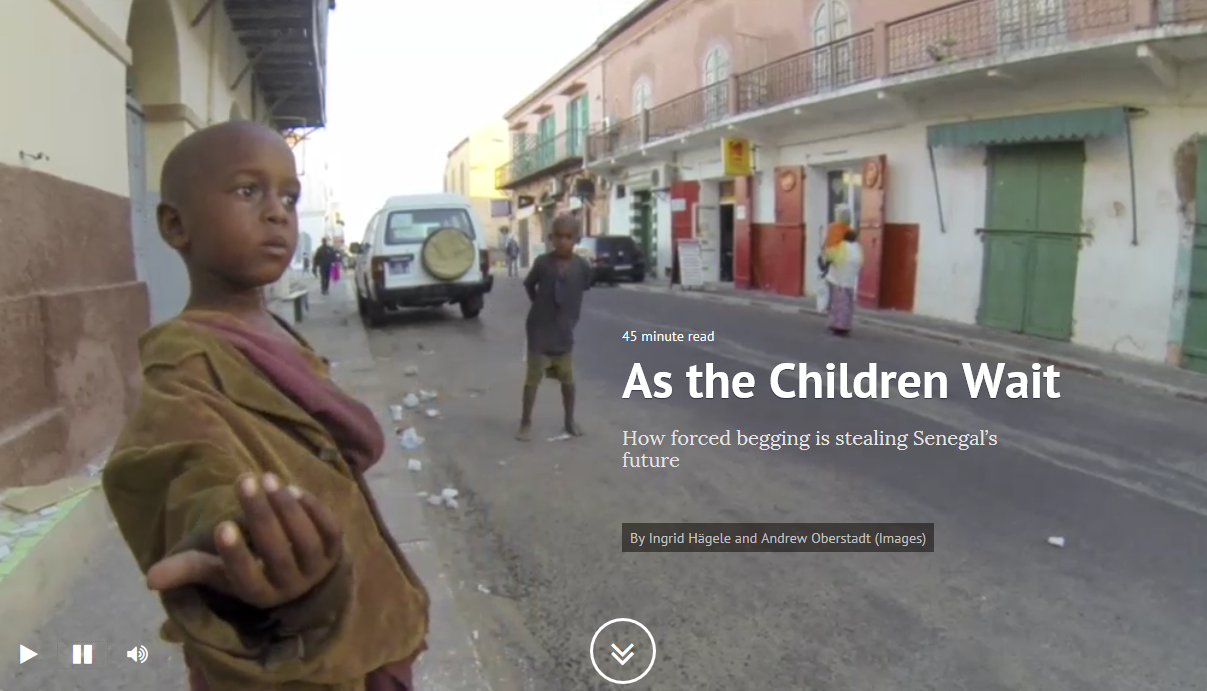 A study of Dutch newsrooms conducted by communication scientist Yael de Haan reveals journalists are meek when receiving or dolling out criticism in the newsroom, which may contribute to low journalistic quality.
A study of Dutch newsrooms conducted by communication scientist Yael de Haan reveals journalists are meek when receiving or dolling out criticism in the newsroom, which may contribute to low journalistic quality.
Haan conducted her study in the midst of an ongoing public dialogue in the Netherlands related to the role of media in society. While previous debates focused on media structure and politics, new discussions on journalistic responsibility are taking center stage.
One of the catalysts for a more intensive discussion in the Netherlands was the rise of controversial politician Pim Fortuyn and his assassination in 2002, with critics pointing to the harsh political climate created by the Dutch media as the culprit.
In the years following Fortuyn’s assassination leading Dutch media outlets – among them the daily newspaper de Volkskrant as well as the newscasts NOS Nieuws from public TV and RTL Nieuws from private TV – have introduced several innovative instruments for media accountability such as ombudsmen, editorial blogs, correction corners and dialogue with readers via social media.
But how relevant are these practices in their everyday editorial practice? Haan analyzed the three newsrooms mentioned above in a case study, spending three months in each newsroom as a participating observer.
The results were disillusioning. In all three newsrooms, Haan failed to find a culture of criticism, which prevented media accountability instruments from being implemented constructively.
While time constraints and management mistakes were often cited as reasons, Haan also uncovered other inconsistencies. For example, the ombudswoman for NOS Nieuws kept in close contact with the editors-in-chief, but often avoided the newsroom altogether. In many cases the journalists themselves blocked the process of self-reflection, even though the editors-in-chief of de Volkskrant and NOS Nieuws have often championed increased media responsibility and media self-reflection. Aside from introducing several innovative media accountability instruments into their newsrooms, many of the surveyed journalists anonymously admitted that they wouldn’t dare to express criticism in editorial conferences.
Yael de Haan (2011): “Between Professional Autonomy and Public Responsibility: Accountability and responsiveness in Dutch media and journalism.” Amsterdam.
Tags: Dutch newsrooms, Media Accountability Systems, Media Criticism, Newsroom Management, Pim Fortuyn, the Netherlands, Yael de Haan














































